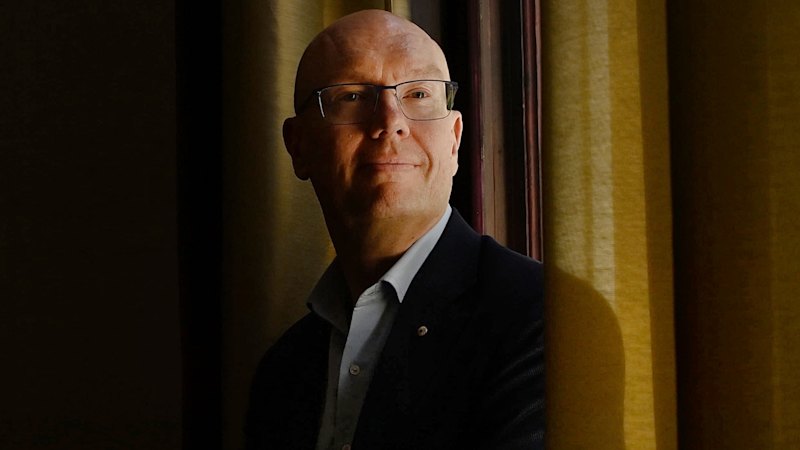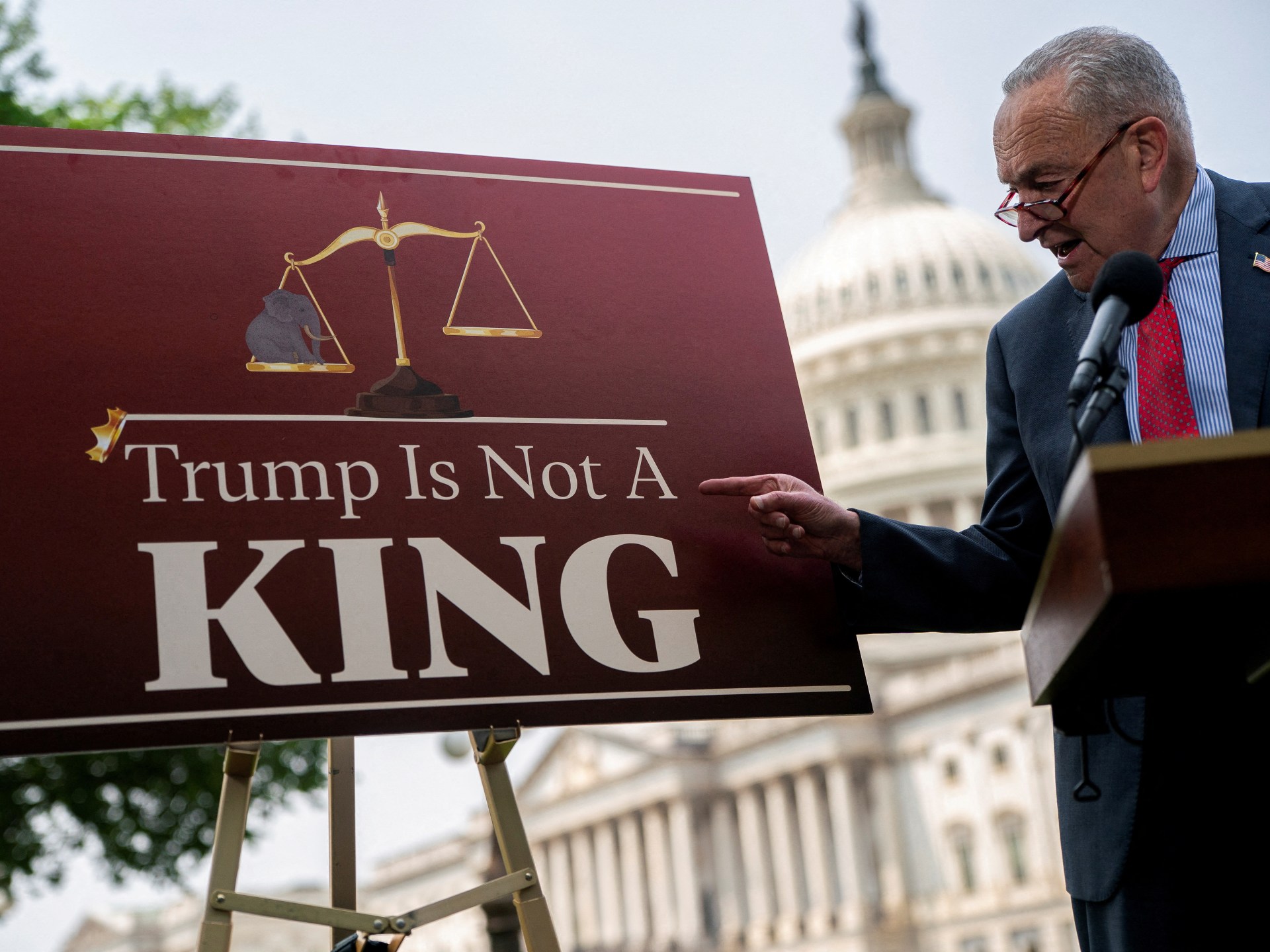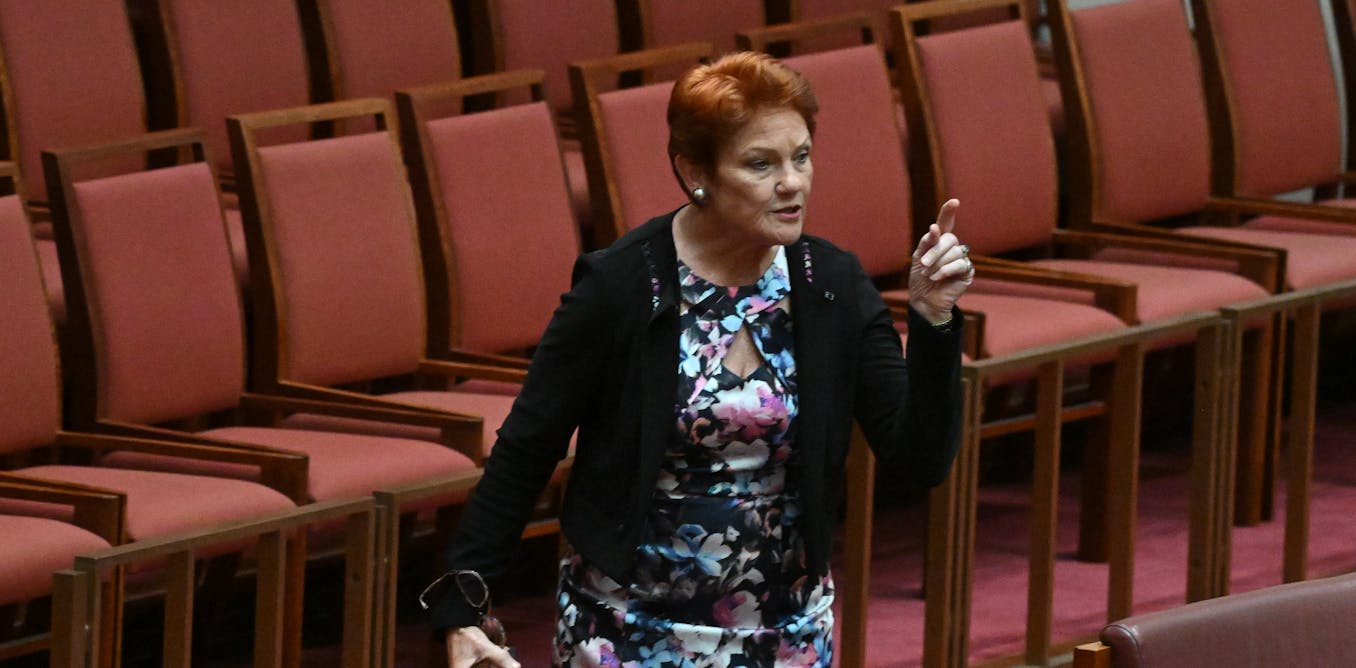
When Michael Fullilove delivered the Boyer lectures ten years ago, his message was clear: Australia needed to reconsider its place in a rapidly changing world. As the executive director of the Lowy Institute, Fullilove chose to deliver his first speech in Beijing, marking a historic moment as it was the first Boyer lecture delivered overseas since the series began in 1959. His decision was controversial, drawing criticism from some conservative circles for choosing China over traditional allies like the United States or the United Kingdom.
Fullilove’s choice of Beijing was deliberate. He believed that no other nation was reshaping Australia’s global relationships as significantly as China. At the time, the geopolitical landscape seemed less daunting. Barack Obama was the U.S. President, Donald Trump’s political ambitions were largely dismissed, and Xi Jinping had not yet solidified his hold on power as China’s president for life. Although Vladimir Putin had annexed Crimea, a full-scale invasion of Ukraine was unimaginable, as were the devastating conflicts in Gaza.
Despite the relatively stable global outlook, Fullilove titled his lecture “Present at the Destruction,” expressing concern that the post-Cold War global order, which had benefited Australia, was beginning to unravel. Reflecting a decade later, he acknowledges that his message may not have been pessimistic enough. “Ten years later, the liberal international order has almost faded away,” he plans to state in an upcoming speech at the Lowy Institute.
Australia’s Foreign Policy Evolution
One of the central themes of Fullilove’s Boyer lectures was the call for Australia to adopt a more ambitious and assertive foreign policy. He urged the nation to shed its tendency to underestimate its potential influence on the global stage. A decade later, Fullilove sees progress in this area, praising the Albanese government for forging strategic alliances and security agreements with Pacific nations and Indonesia.
Fullilove’s 2015 dictum, “co-operate when we can, disagree when we must,” has become a guiding principle in Australia’s approach to China. However, he believes Australia must continue to pursue a bolder, more expansive role internationally, investing the necessary resources to achieve this goal.
Strategic Relations with the United States
Following Prime Minister Anthony Albanese’s successful meeting with President Donald Trump in October, Fullilove emphasizes the importance of strategic thinking to maximize Australia’s influence. He argues that a cautious, self-interested approach is insufficient. “President Trump likes a winner, and he seems to like the PM,” Fullilove notes. “Now Canberra should build on this success by seeking to play a co-ordinating role with other US allies in the region.”
Drawing parallels with European leaders’ efforts to influence Trump’s stance on Russia and Ukraine, Fullilove suggests that Albanese and leaders like Japan’s new Prime Minister Shigeru Ishiba should adopt a similar strategy for the Asia-Pacific region.
“We shouldn’t shrink America to the dimensions of one president, even an outsized president such as Donald Trump,” Fullilove asserts, emphasizing the enduring importance of the US alliance to Australia’s national security.
The AUKUS Pact and Defense Spending
Fullilove supports the AUKUS pact, highlighting South Korea’s interest in acquiring nuclear-powered submarines from the US as evidence of its strategic value. He agrees with the government’s assertion that Australia faces its most perilous strategic conditions since World War II but argues that actions must align with rhetoric.
He points to European nations’ increased defense spending as a lesson for Australia. While Asian countries like South Korea, Singapore, and Japan have also announced significant defense budget hikes, Australia’s defense spending remains around 2% of GDP, even as it plans to acquire expensive nuclear submarines.
“There is no similar sense of urgency here in Australia,” Fullilove laments, calling for a more robust defense budget to support a more lethal force.
Diplomatic and Financial Commitments
Fullilove also expresses concern over Australia’s diplomatic spending, which has remained flat as a percentage of government spending over the past decade. He argues that a more significant investment in diplomacy is necessary to support Australia’s foreign policy ambitions.
As Fullilove prepares to address the Lowy Institute, his reflections on the past decade serve as a reminder of the evolving challenges facing Australia on the global stage. While progress has been made, the need for a more assertive and well-resourced foreign policy remains critical in navigating an increasingly complex international landscape.





